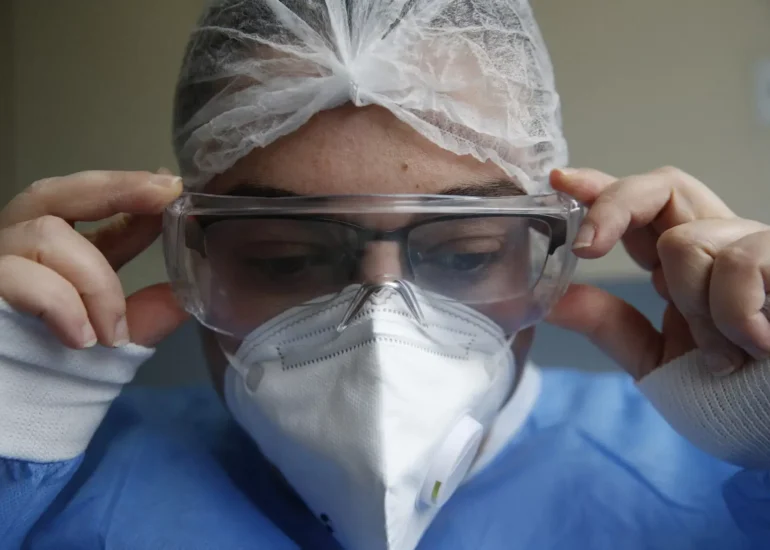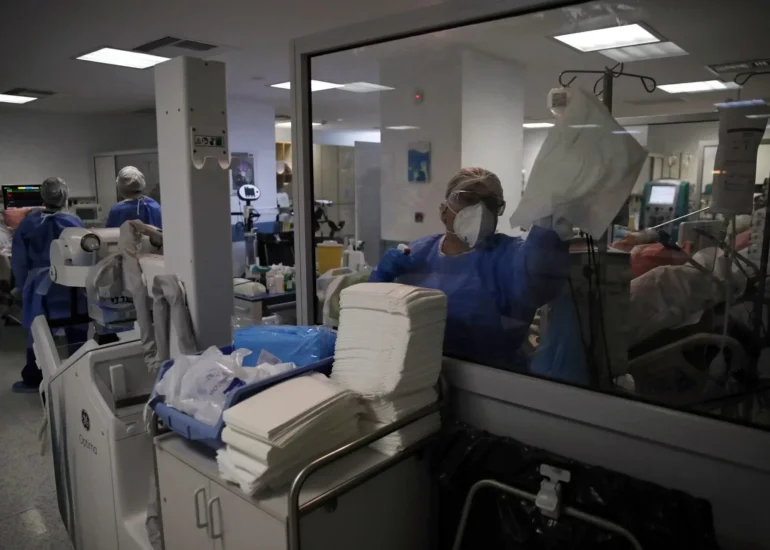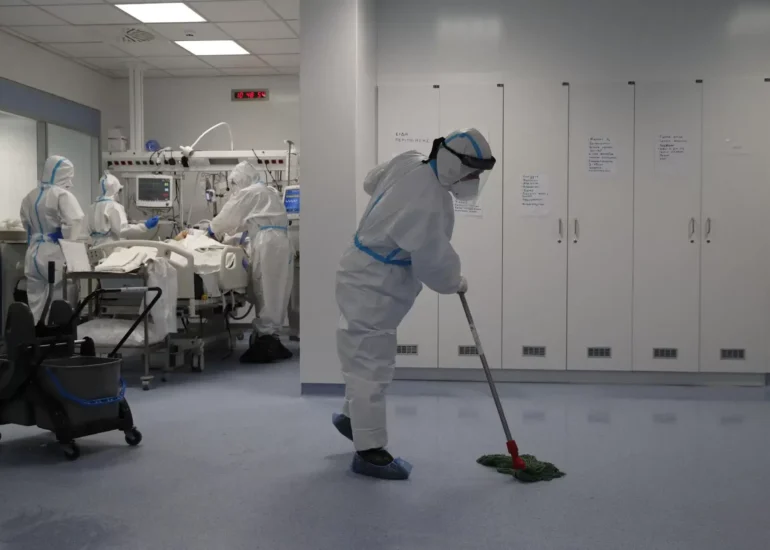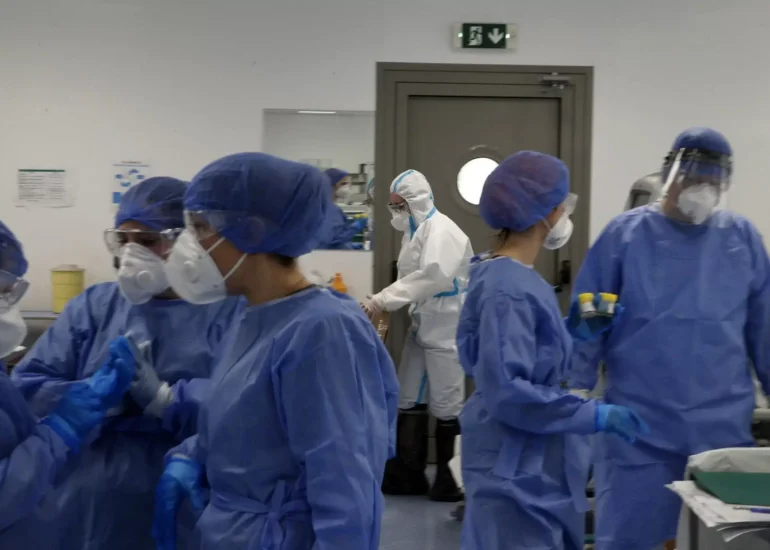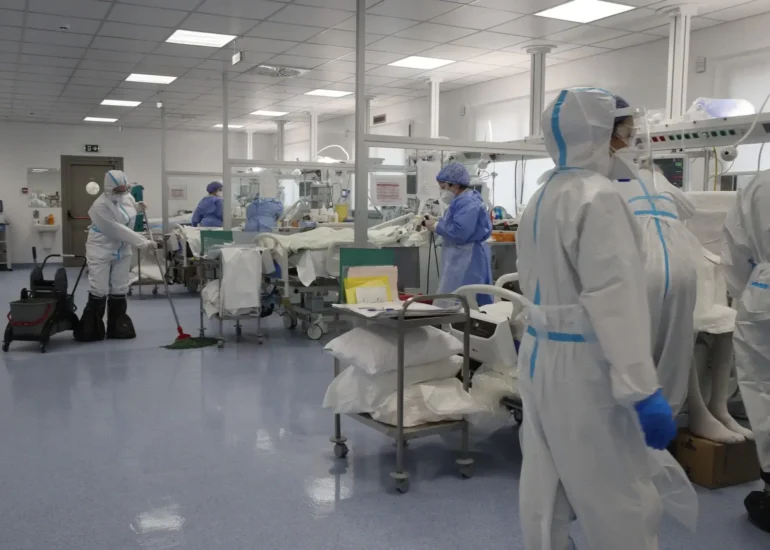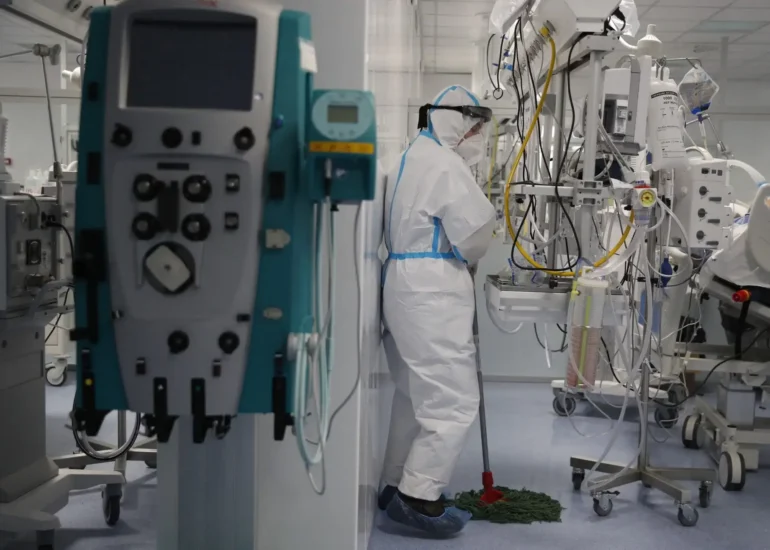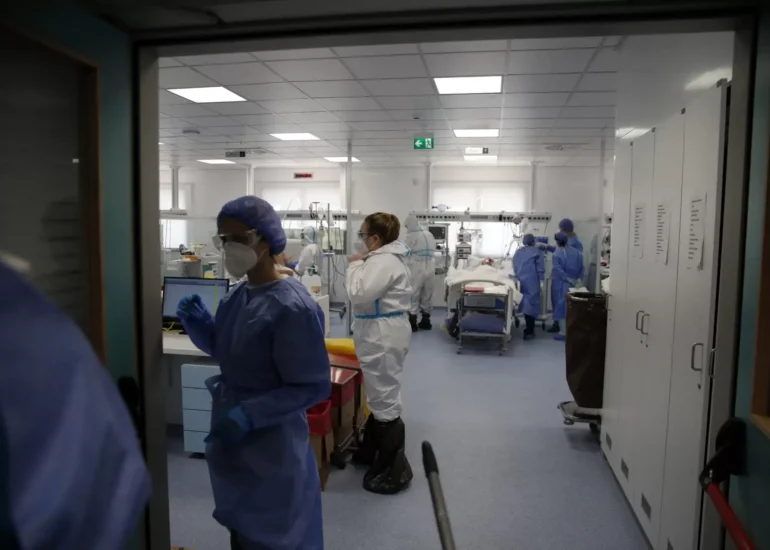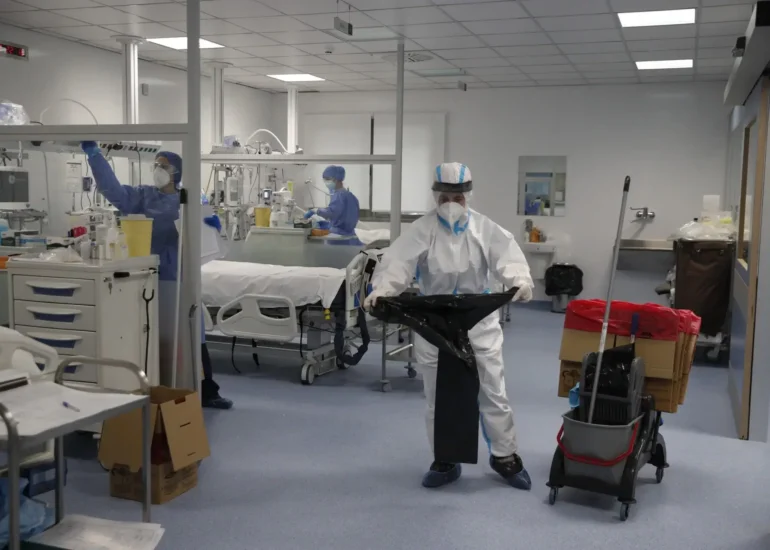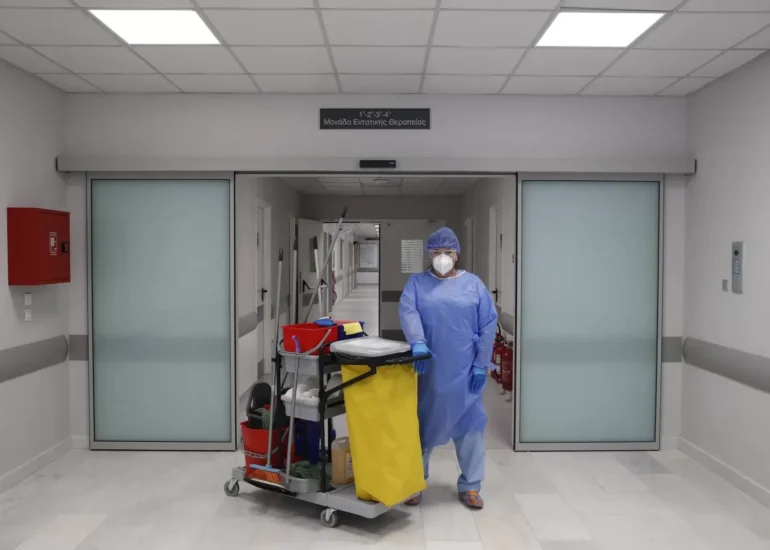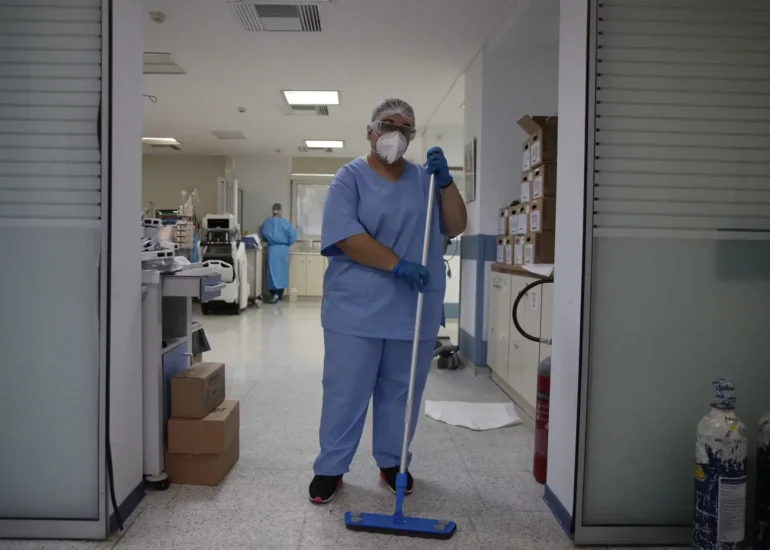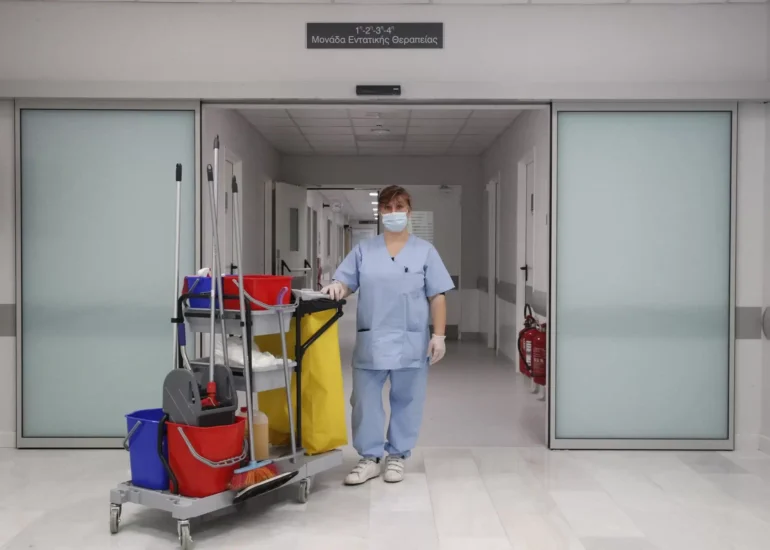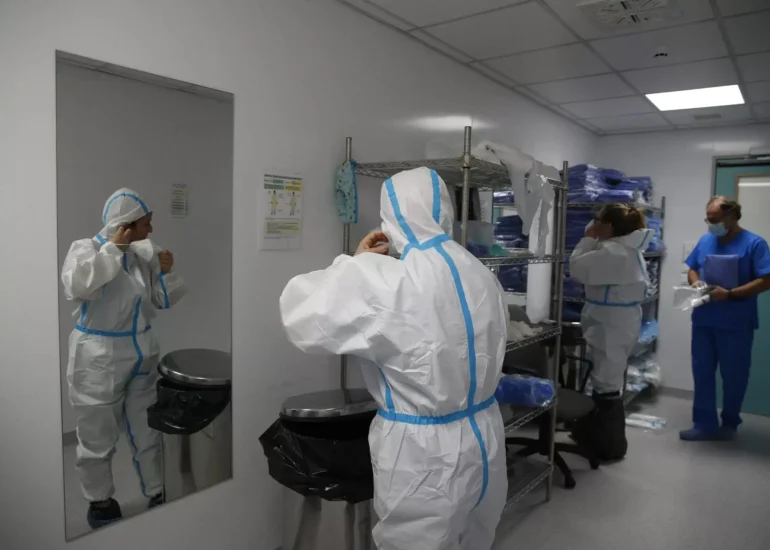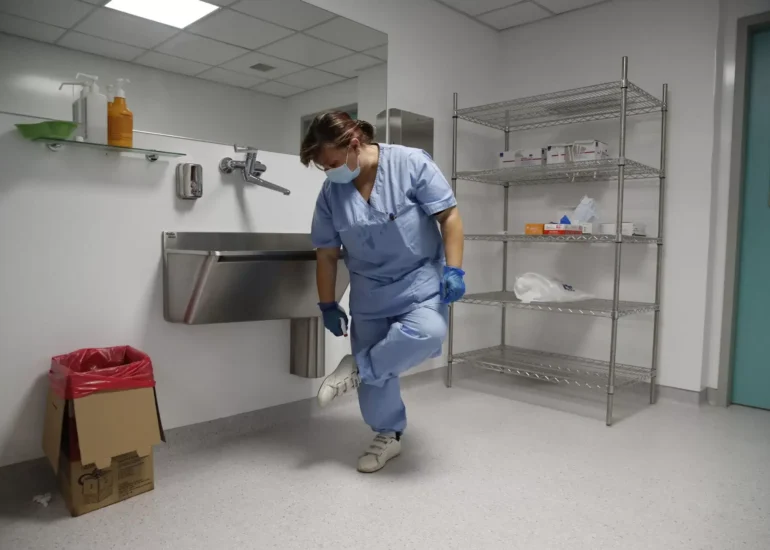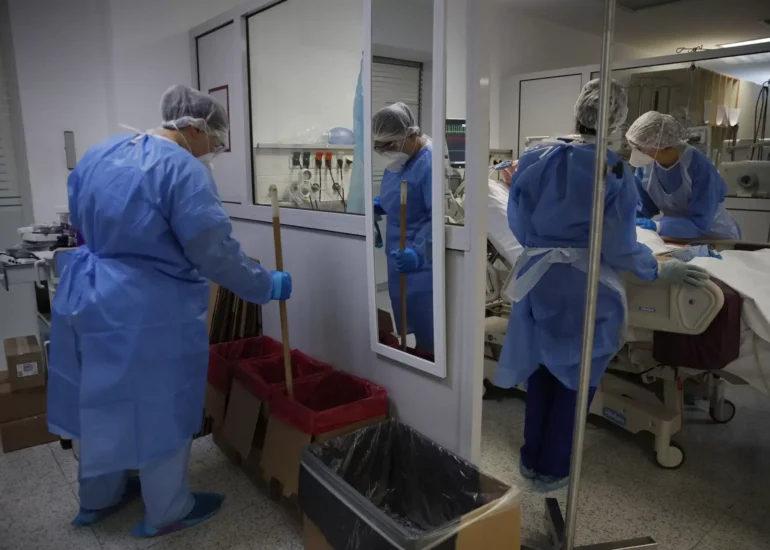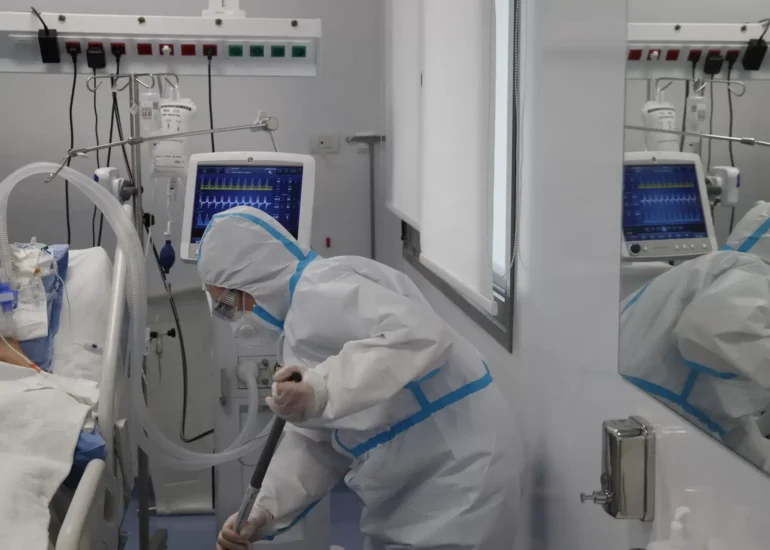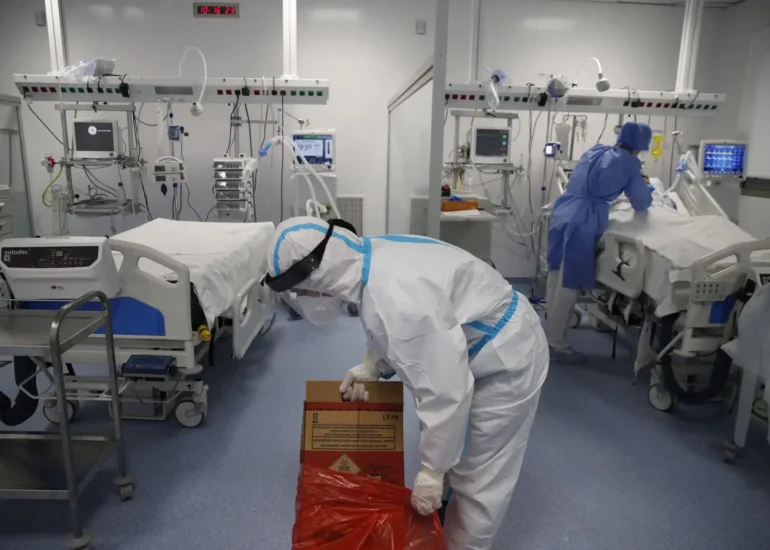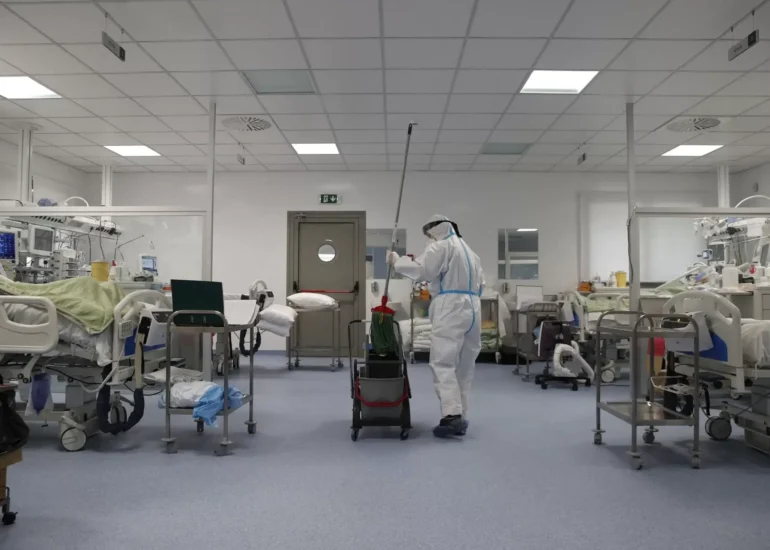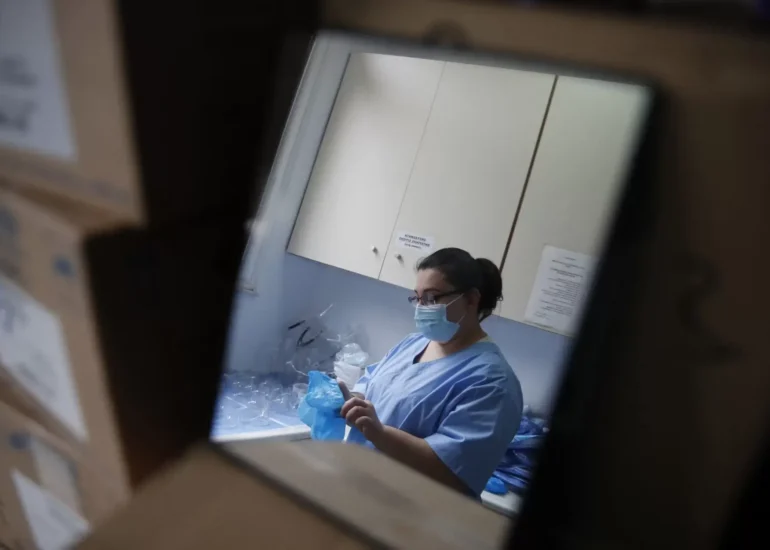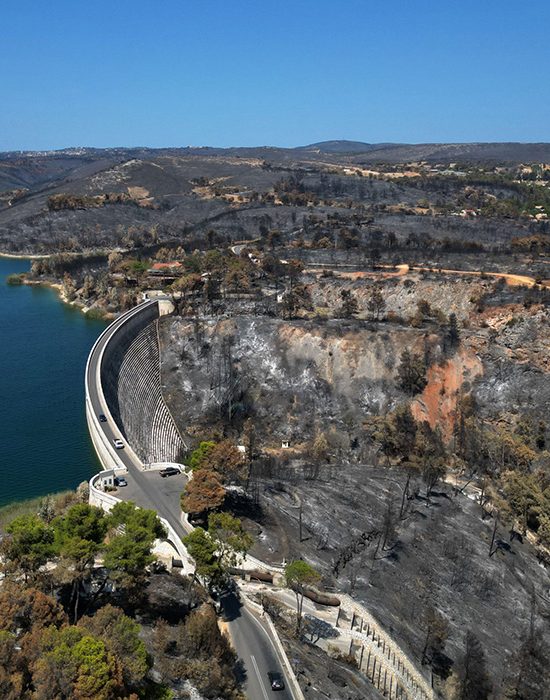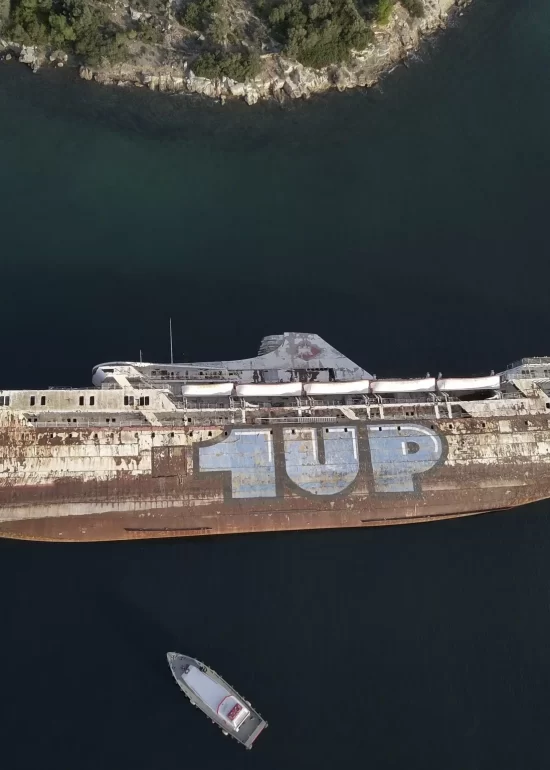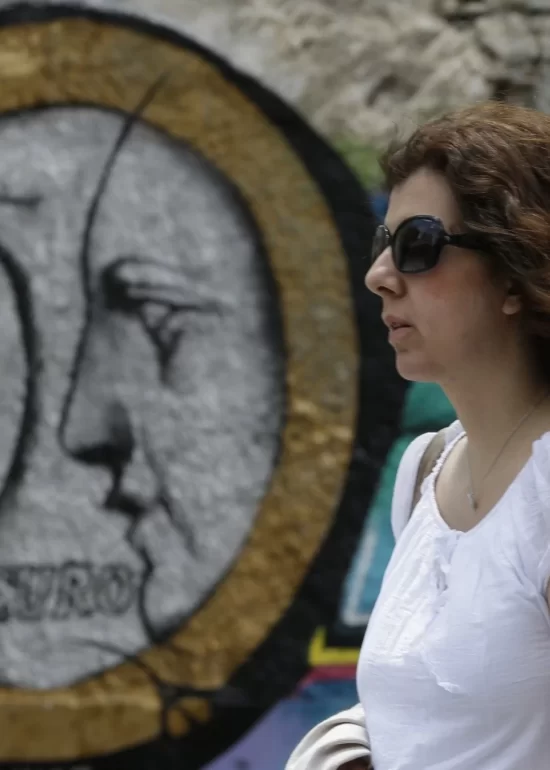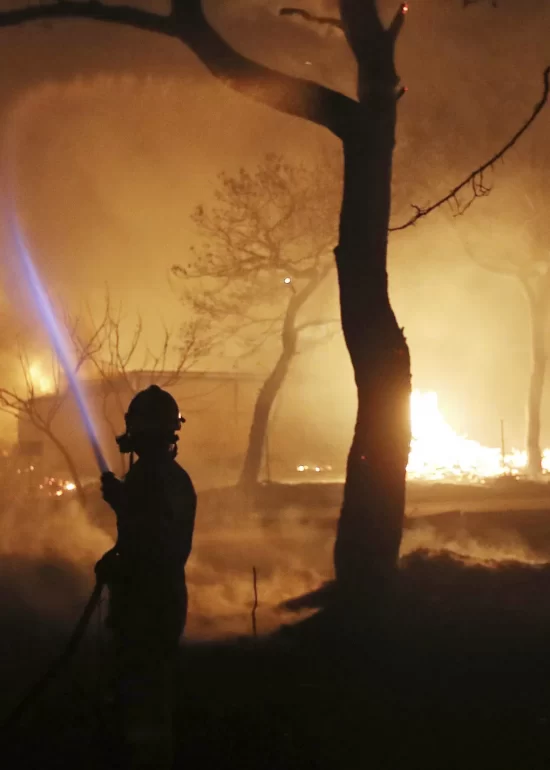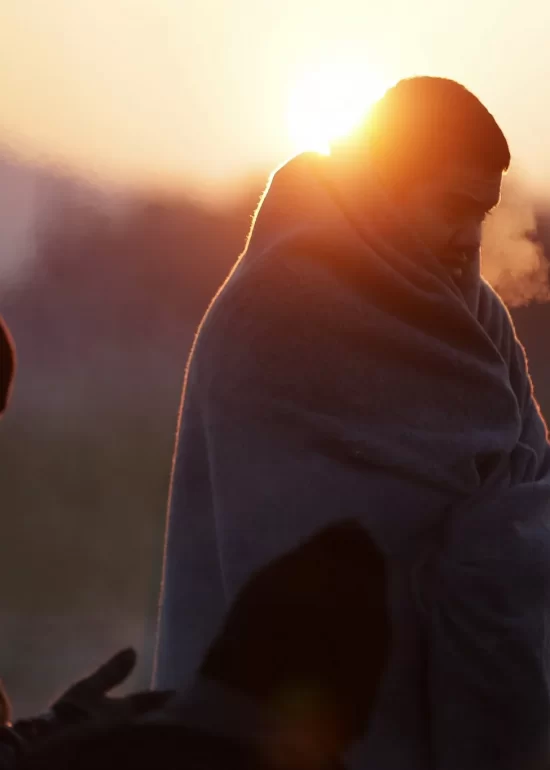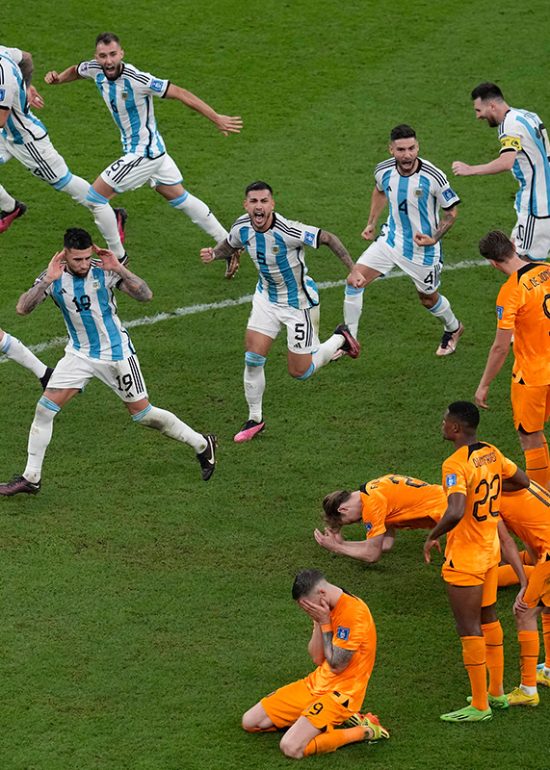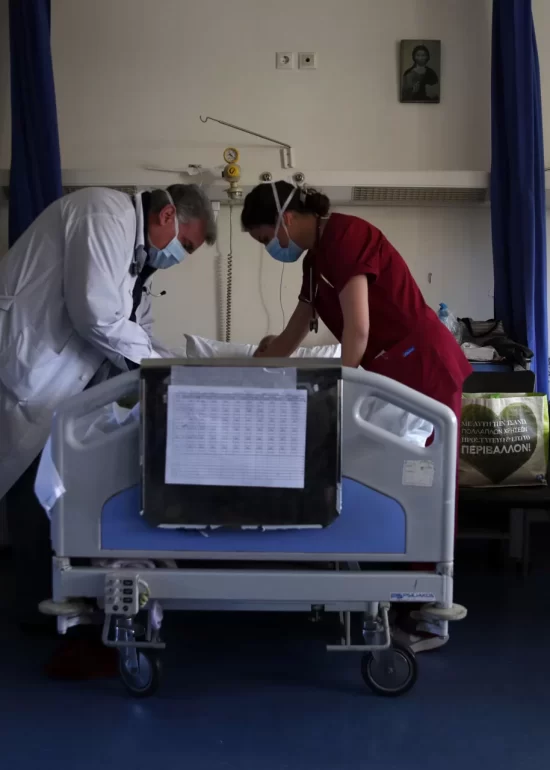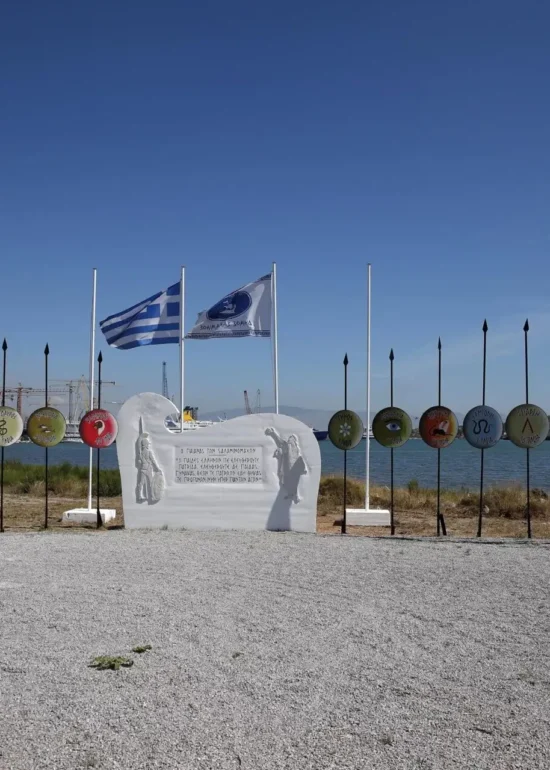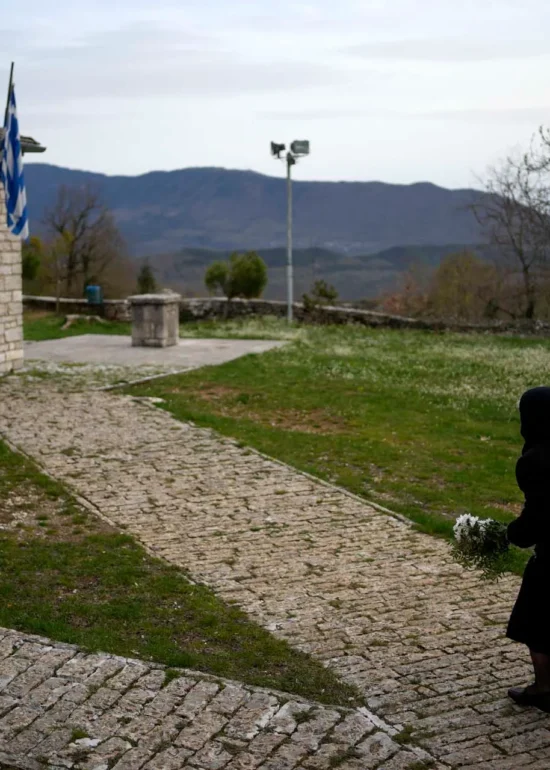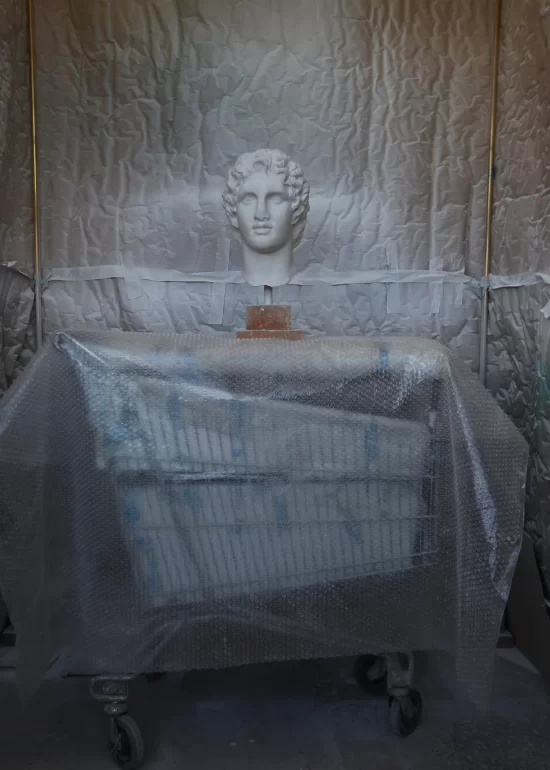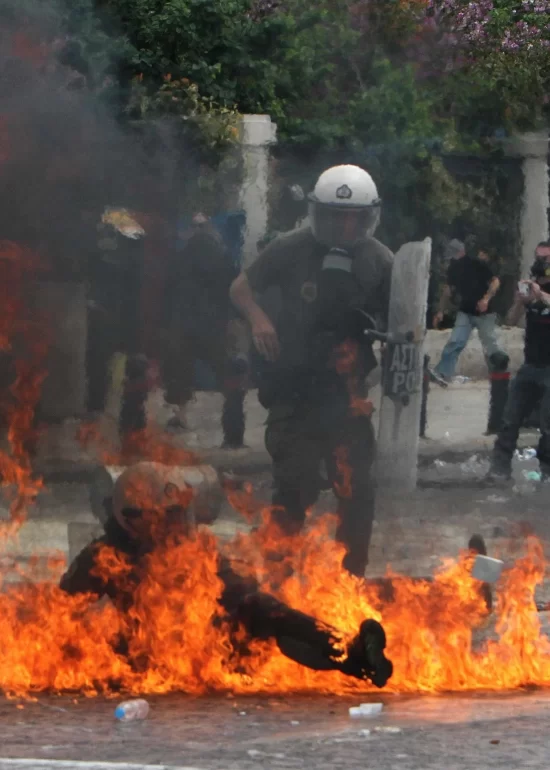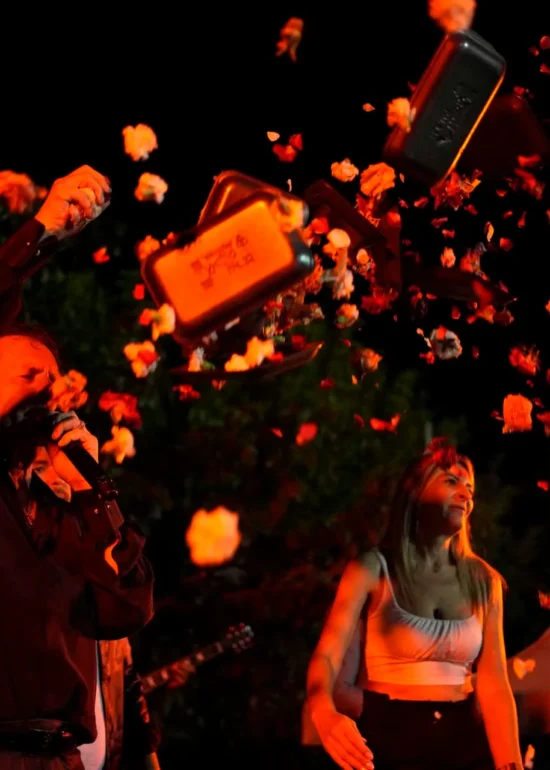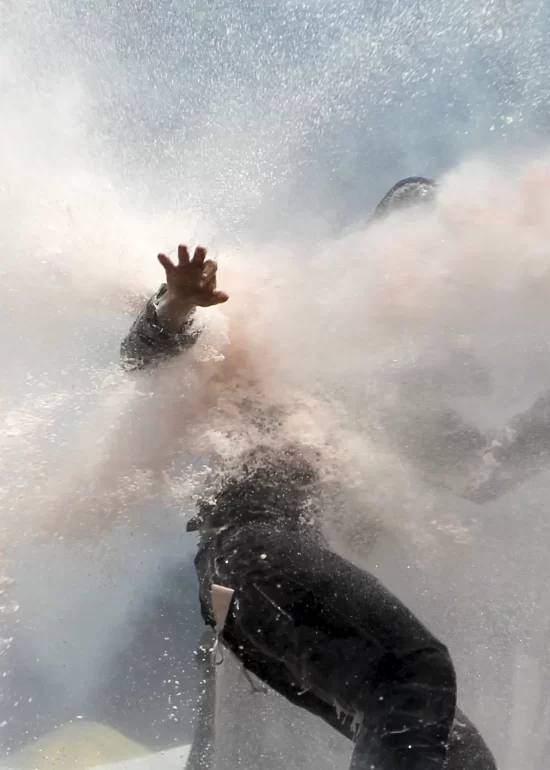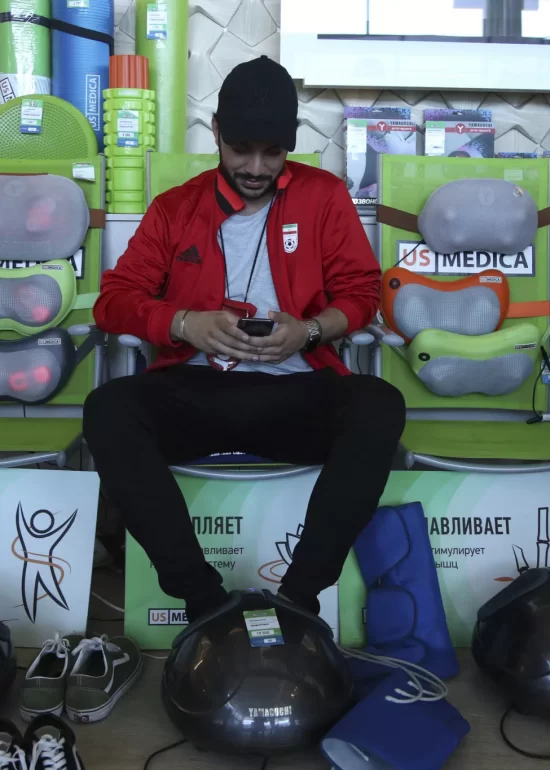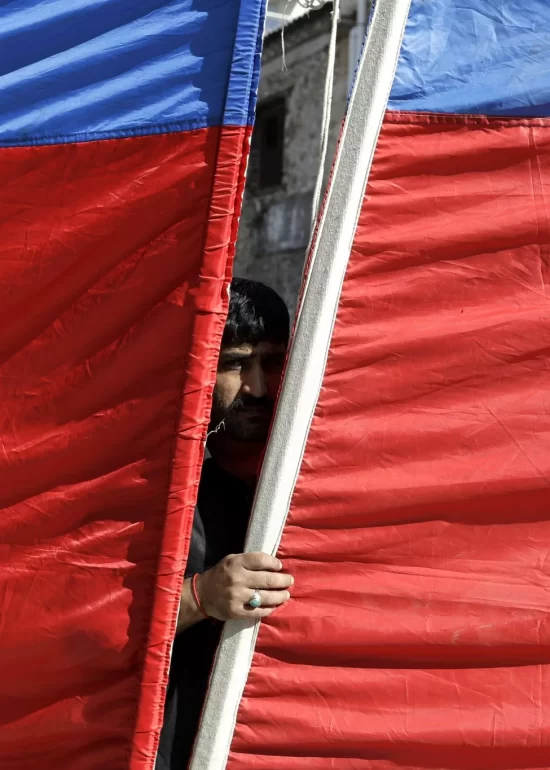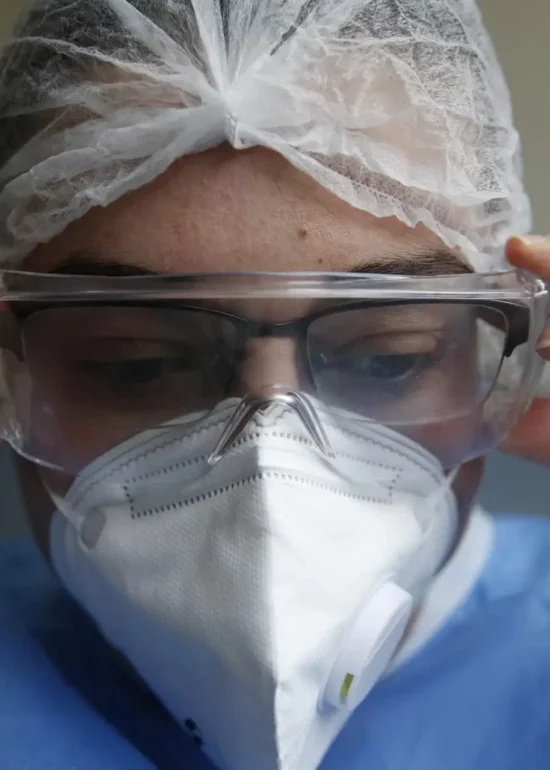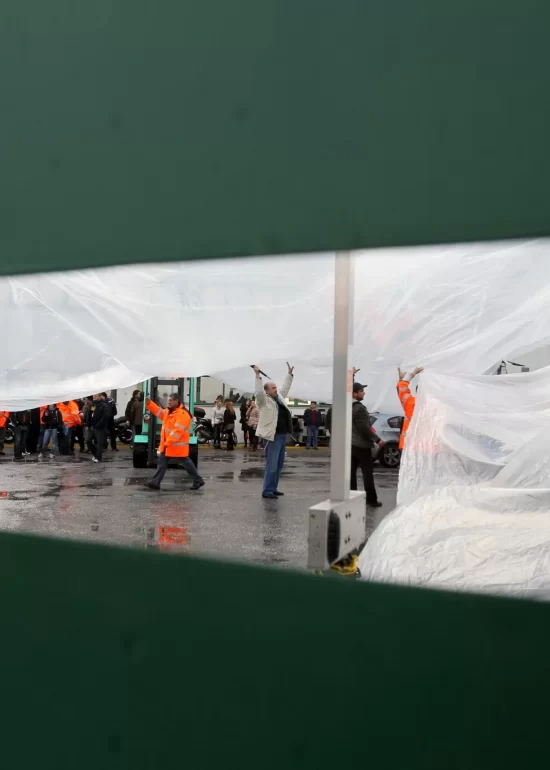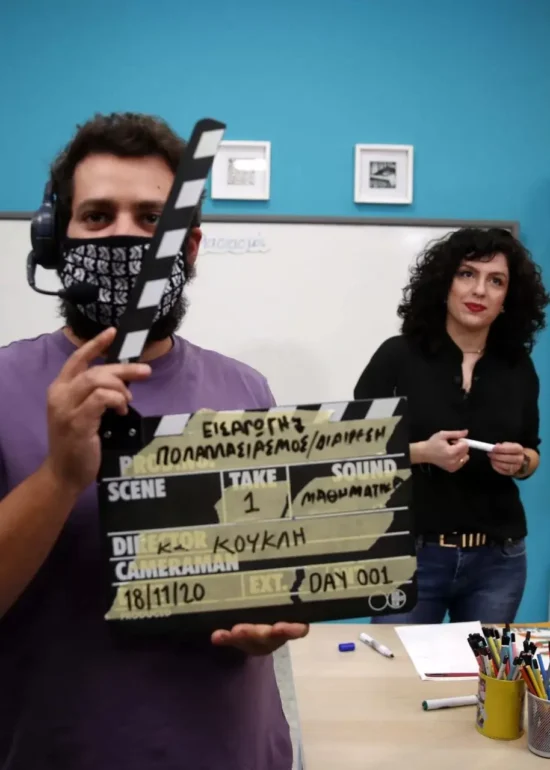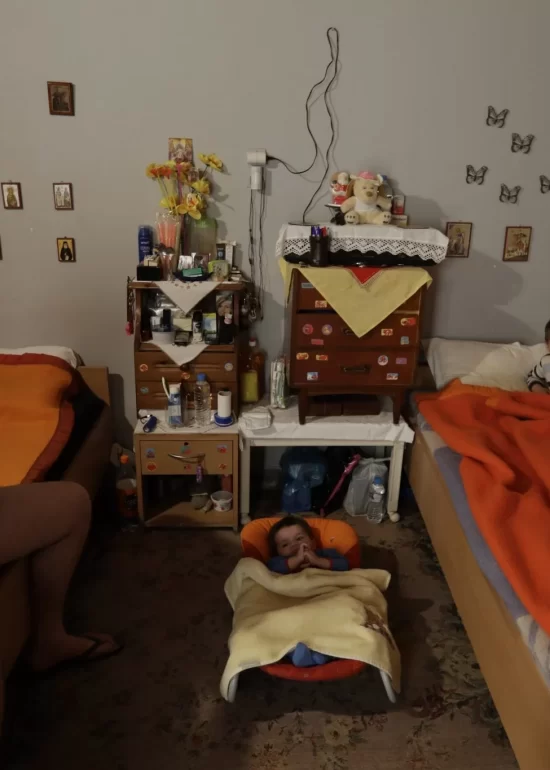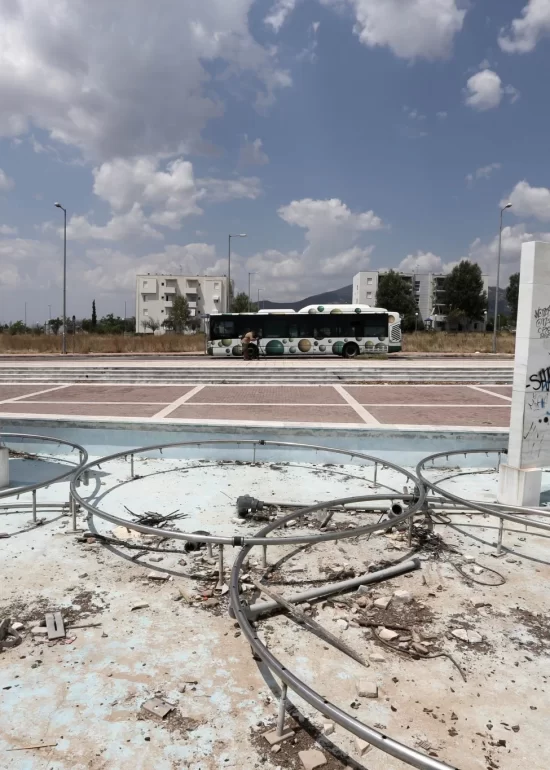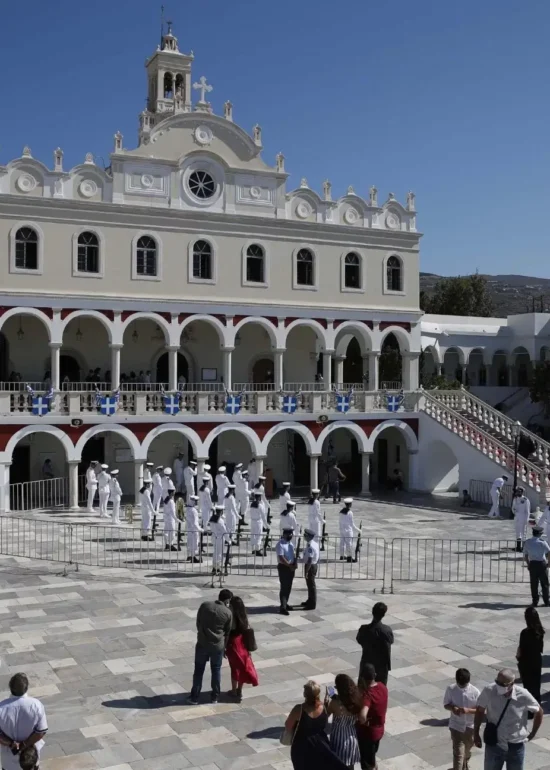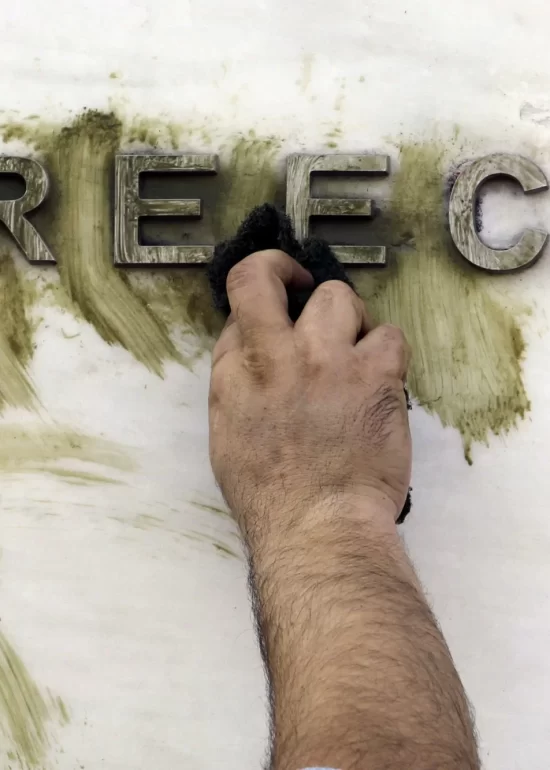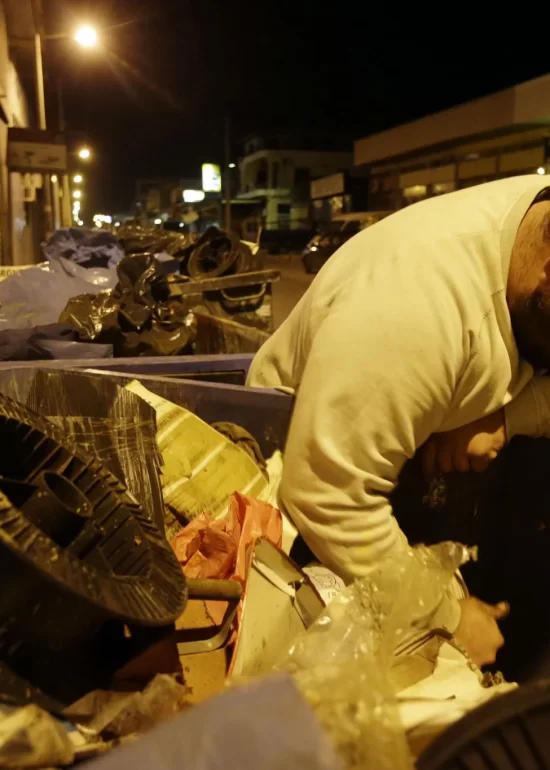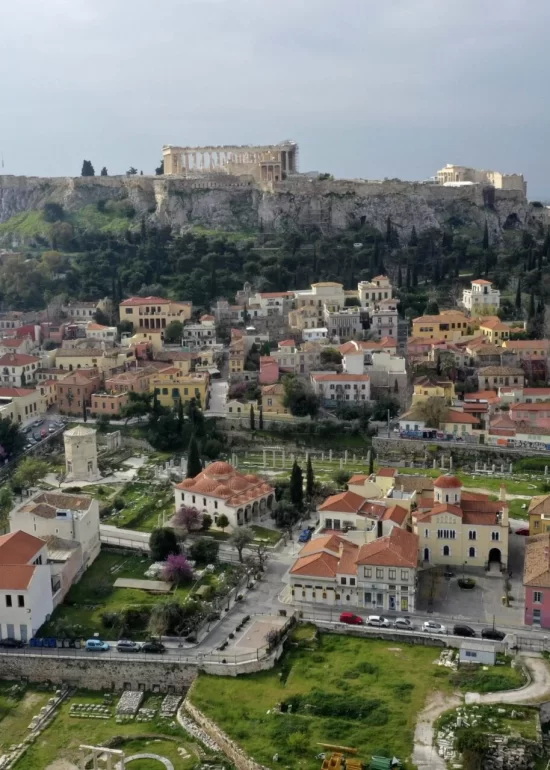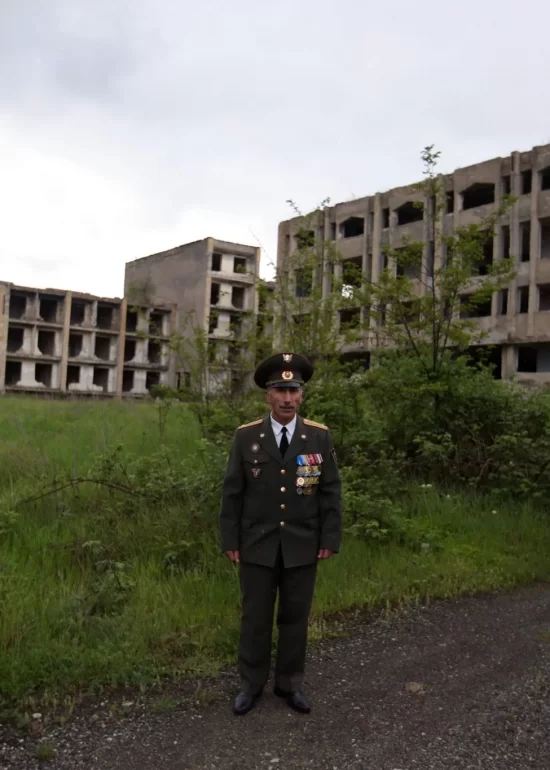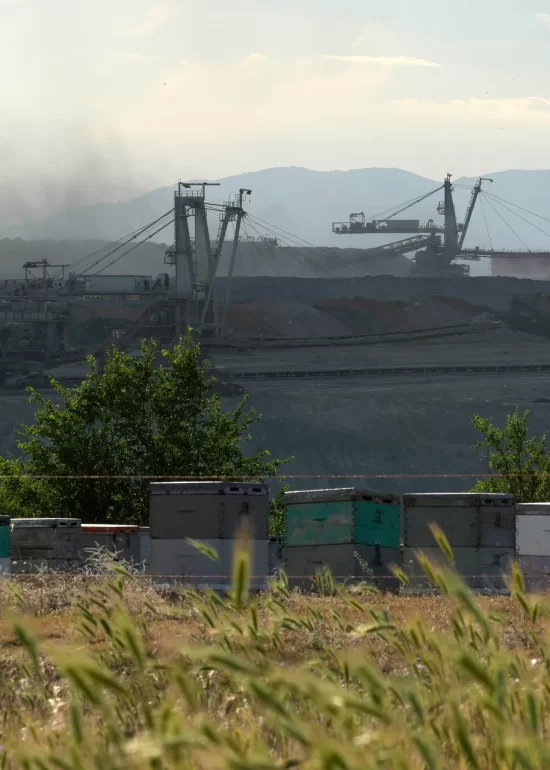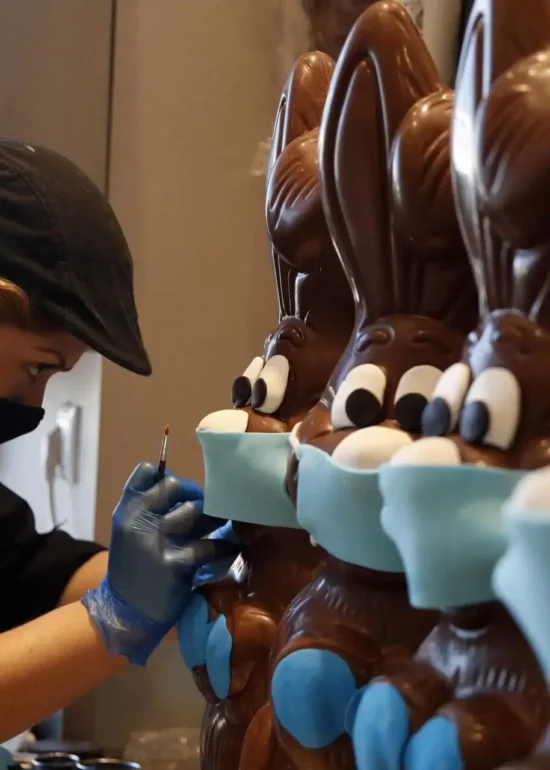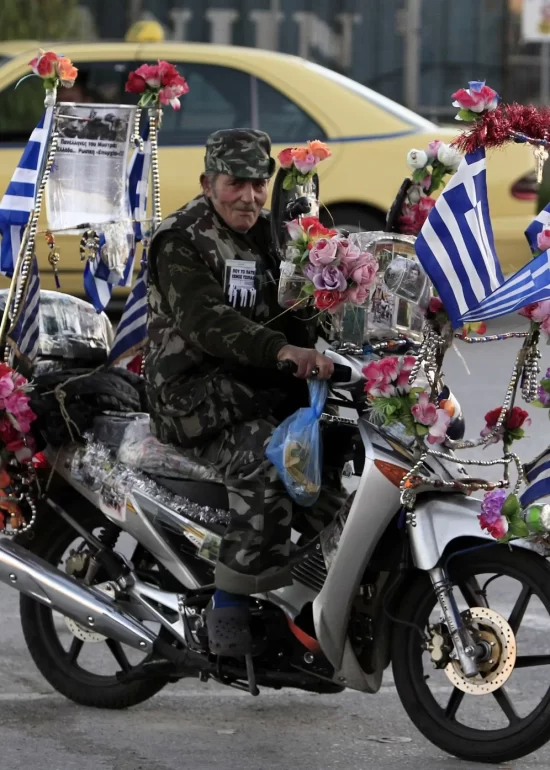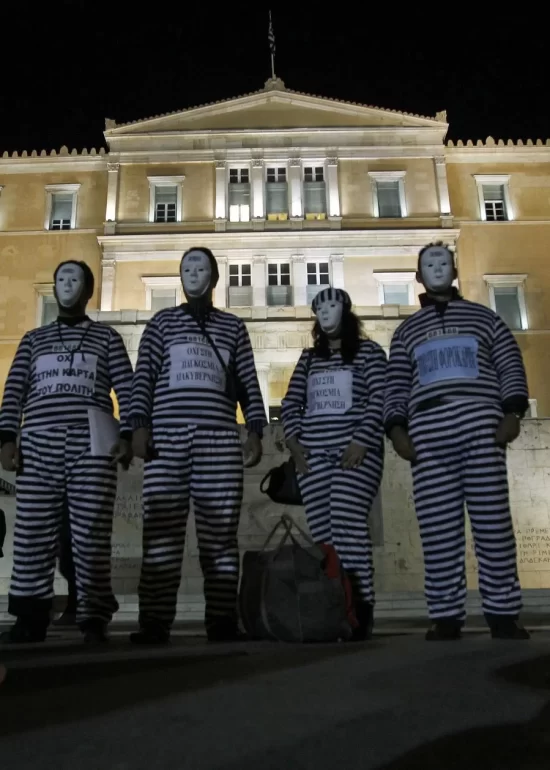VIRUS OUTBREAK GREECE ICU CLEANERS
Portfolio
VIRUS OUTBREAK GREECE ICU CLEANERS
Clad head to toe in protective gear, doctors and nurses cluster around the patient, fighting to keep the coronavirus-stricken man alive.
Just behind them, unnoticed and unheard, a worker in the same protective gear goes about an entirely different task: disinfecting surfaces, collecting waste in biohazard bags, unobtrusively inching past beds and life-support machinery to mop the floor.
The cleaners of coronavirus intensive care units run a daily gantlet of infection risks to ensure that ICUs run smoothly, and they are critical to preventing the spread of disease in hospitals. But their status as unskilled laborers in a behind-the-scenes role has left them out of the public eye.
While medical staffers are lauded worldwide for their lifesaving work during the pandemic, cleaners are rarely mentioned.
They feel “like the smallest cog in the wheel, like nobody considers us,” one said shortly before starting the painstaking process of donning protective gear to enter an ICU at the Sotiria Thoracic Diseases Hospital in Athens, Greece’s main COVID-19 treatment center.
She and her colleagues said they are treated well by the medical staff, and they praised the team spirit within the hospital. Cleaners have also been included with medical workers in the first wave of coronavirus vaccinations. But beyond the hospital gates, she said, the prevailing attitude toward cleaners is “I didn’t see you, I don’t know you.”
Some people’s scorn for cleaners is so great that the 50-year-old mother of two asked to be identified only by her initials, AB, as some relatives are unaware of her job.
“They’ll perceive it as something inferior, the fact that I’m a cleaner,” she said. Some relatives would also question the risk of working in a COVID-19 ICU and the danger of transmitting the virus to her family, so she has avoided telling them what she does for a living.
Georgia Tsiolou, who like AB started work in Sotiria in January 2020, a few months before the pandemic hit Greece, said authorities often speak of hiring more medical staff and offering bonuses and long-term contracts for nurses and doctors. But “for us, there is nothing.”
Because they are all on one-year contracts, the cleaners don’t know if they will have a job after December.
“People talk only about doctors and nurses. Of course it’s good that they talk about the doctors and the nurses, as they are the ones fighting the biggest battle” against the pandemic, said colleague Anna Athanassiou, 55. “But along with them, there is us. We might not know how to heal a person, but we help a lot in our way, with our work. We’re a chain. Our work, I consider, is absolutely necessary.”
Medical experts agree, stressing how vital cleaning is.
“I can’t separate it from medical work or nursing work. It is equally important,” said Antonia Koutsoukou, professor of intensive care pneumonology, citing the control of infections, a major issue in hospitals and particularly in ICUs. Koutsoukou is the director of the Athens University respiratory diseases clinic at Sotiria.
At the start of the pandemic, the hospital’s infectious disease experts trained the cleaners in how to use protective gear. Now the experienced cleaners teach new recruits.
For the ICU’s newest cleaner, Theodoros Grivakos, wearing the gear was a struggle. It includes a mask, goggles and visor, a hooded suit, double gloves taped to wrists and plastic coverings taped over feet.
“I freaked out a bit,” the 28-year-old admitted halfway through his first ICU shift. “I was getting dressed. I was dizzy. I felt pressure. I didn’t feel well.”
An electrical engineering graduate, Grivakos took the cleaning job when he couldn’t find work in his chosen field. After he was initially assigned to the hospital’s outdoor park-like areas, the sudden switch to the ICU came as a shock.
Working in an ICU, which is “an environment with increased stress and emotional pressure,” is unlike any other job, Koutsoukou said.
Cleaners work in close proximity with patients who could die suddenly, she said. “So they are also called on to arm themselves with a great deal of emotional fortitude and composure, and understand the importance of their own role in the care of the severely ill.”
Some of the cleaners said they were unprepared for the psychological toll of the job, particularly as the isolation of COVID-19 patients, who cannot receive visitors, often led them to form bonds with hospital staff, cleaners included.
“It’s very emotional when you’re in there. It’s difficult,” Tsiolou said.
The start of the pandemic was particularly tough. Faced with a new virus that doctors knew little about, the cleaners were terrified of getting sick or carrying the virus home. Many kept away from their families or reduced contact to a bare minimum.
For some, the fear and stress proved too much.
“There were many people who were being called on to come to work, and they wouldn’t come because they were afraid,” Tsiolou said. Many of her colleagues quit, leaving cleaners short-staffed.
Those who stayed despite the risks say they hope for some recognition of their critical role.
“People always think our sector is inferior,” said Athanassiou, who said she was saddened by the public’s indifference. But the medical staff, she said, understood.
“They know that we too are the same as them,” she said. “We’re in exactly the same danger, we’re no different.”
Grivakos compared attitudes toward cleaners with ancient Greece’s treatment of helots, a subjugated population of Sparta.
“They don’t talk about the (cleaning) staff because (we) are helots,” he said. “(We) are expendable, because one year you’re here, and the next you might not be.”
